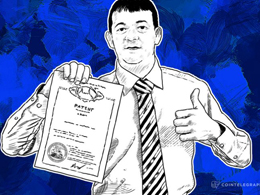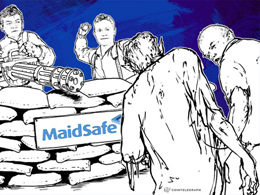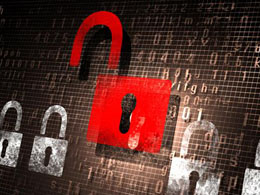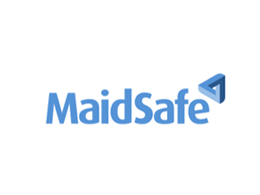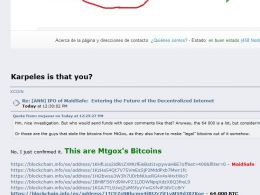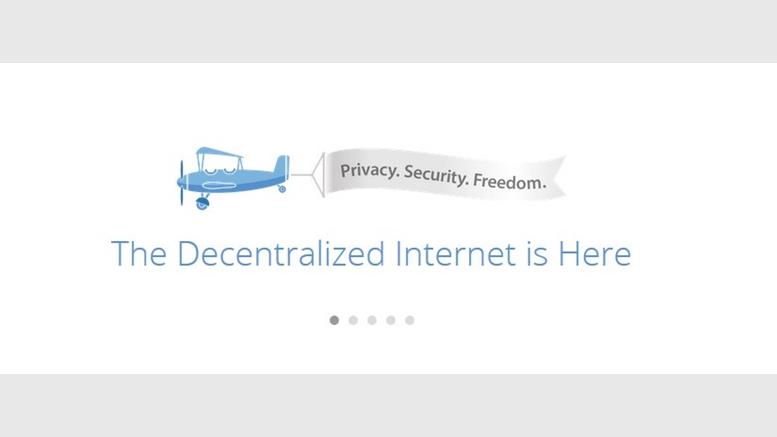
Maidsafe Provokes Controversy with Code Patent
Maidsafe CEO David Irvine has provoked controversy by successfully applying for a code patent to protect that innovations of his Safe Network project. The Safe Network aims to build a new, decentralized internet infrastructure with no need for servers. Instead a peer to peer network will be employed, powered by its own cryptocurrency called Safecoins. Some users will then provide resources such as disk space to the network in return for Safe Coins, while others will purchase additional resources using the coins. To protect privacy and ensure maximum security all data is shredded and....
Related News
MaidSafe founder David Irvine asked the U.S. government in June 2014 to create and enforce a monopoly on his behalf. On January 1 of this year, the U.S. government agreed to do so. The monopolistic grab goes by another name, too: patent. The following computing process is what Irvine now claims he owns: “A method of storing data from a first node on a peer-to-peer network. The method includes creating a public and private key pair for a data item. Will Irvine attempt to say that the patent applies to the unreleased MaidSafe protocol? It’s unclear. But if he does, the irony goes deep.
A recent article published on CoinTelegraph, entitled MaidSafe Founder Seeks Monopoly on ‘Distributed Network System,’ caused some unintended controversy. We feel it is our duty to provide readers with all available information, which is why we got in touch with MaidSafe COO Nick Lambert. David Irvine, founder and lead developer of MaidSafe, addressed the issue personally through several comments on the article itself, and in a live World Crypto Network interview that included Susanne Tarkowski of Bitnation: “Our connection to Bitcoin is that we share the community’s passion for....
MaidSafe was founded in 2006, when founder David Irvine, a former IT consultant, decided to create a new platform to improve Internet security. Computers running MaidSafe talk to others on the network to create a large storage array (the firm's name stands for 'Massive Array of Internet Disks, Secure Access for Everyone'). Participants can choose how much storage they provide to the network, or can choose to use the system while providing none at all. Any storage allocated is used by the network to store encrypted portions of other users' files. It has now been over two months since....
If you can understand the organization of ants, you can understand MaidSafe.[1]. Alone, by itself, an ant is both vulnerable and easily marginalized. Yet when working with the rest of the colony, ants with roughly the same petite attributes can take down larger prey, clear paths and protect the mound from disasters (both natural and man-made). I spoke with David Irvine, the CEO of MaidSafe and he used this type of analogy to describe how the decentralized attributes of MaidSafe works. MaidSafe bills itself as a wholly decentralized internet wherein it acts as a decentralized storage....
Many have proclaimed Mt. Gox dead, myself among them, yet the ghost of Gox has seemingly returned to haunt the already-troubled MaidSafe IPO. Editor's Note: David Irvine, of MaidSafe, has responded to the situation: David Irvine: Whoever sent this shouldn't have sent funds from Bitstamp anyway since they don't control the keys. I hope this is the case. I know we have refunded a bunch of people who did that. That allows them to try again if they wish anyway. I have seen this kind of story a lot and it is always followed by a reason to regulate pitch. Not that I think cry wolf but....

